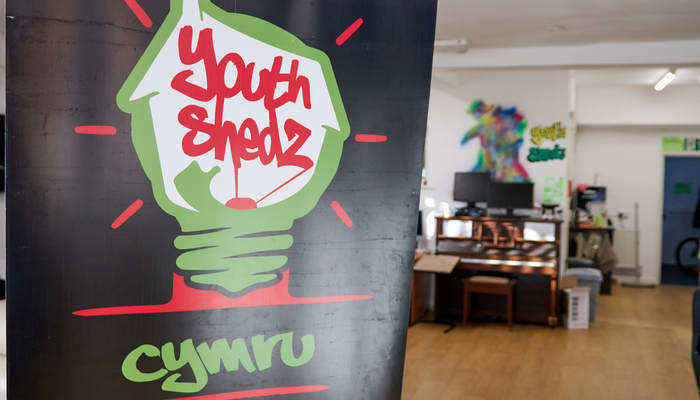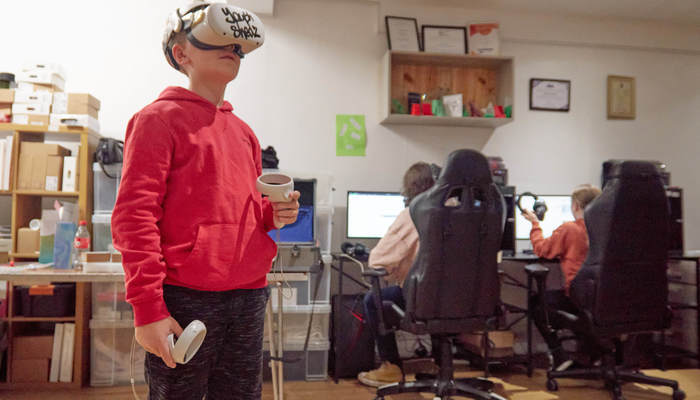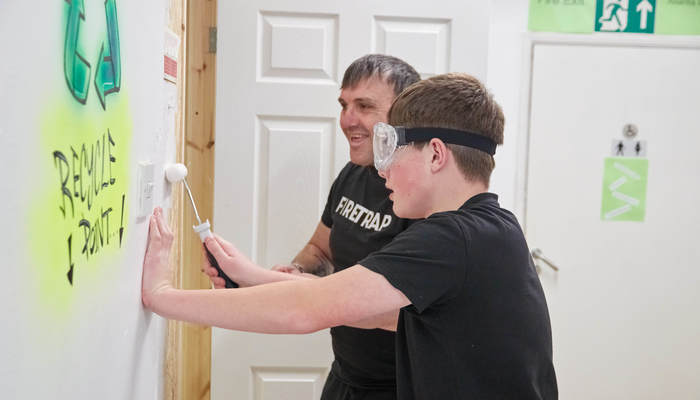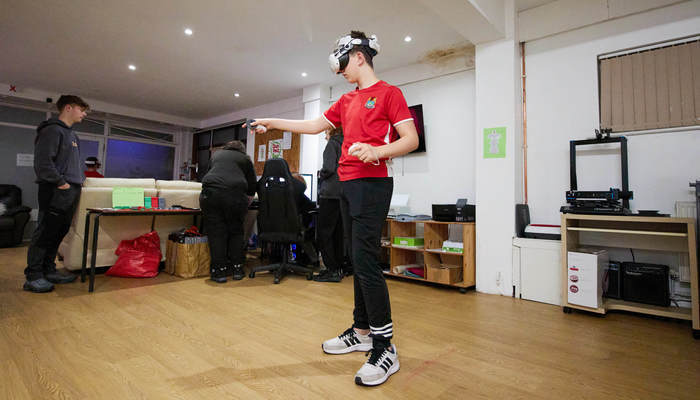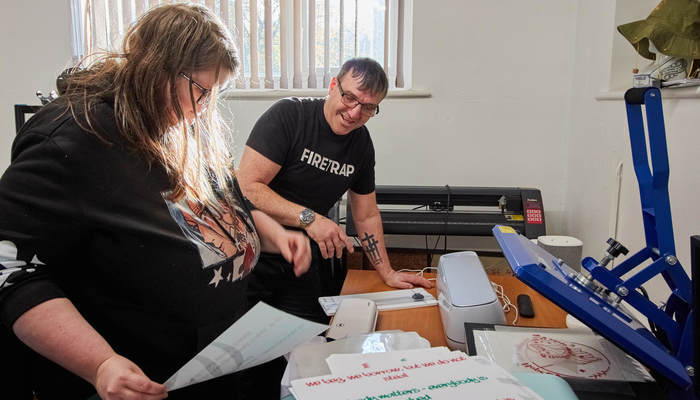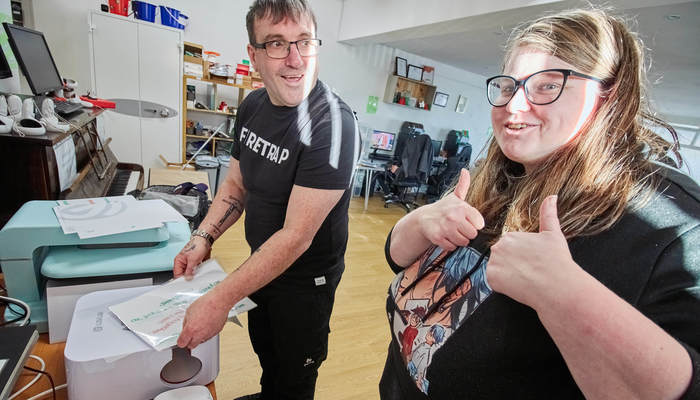The development support from the Foundation has been phenomenal and really transformed the way we work. I had never considered protecting our identity and the legalities of it all, but the consultant helped me to see the importance of this. We now have a membership plan with a monthly fee, and other organisations can join to access our toolkit and other resources to set up a Youth Shed in their area. I was doing it all for free, but now we’ve come up with a costed plan, so that we can start to generate income.
- Scott Jenkinson, Founder and CEO, Youth Shedz





